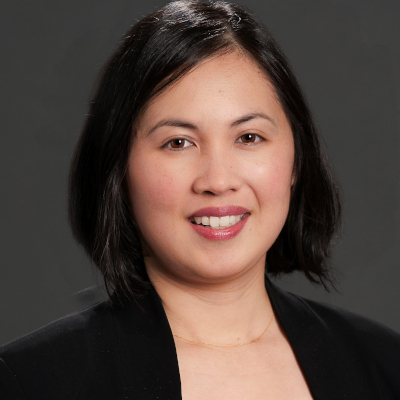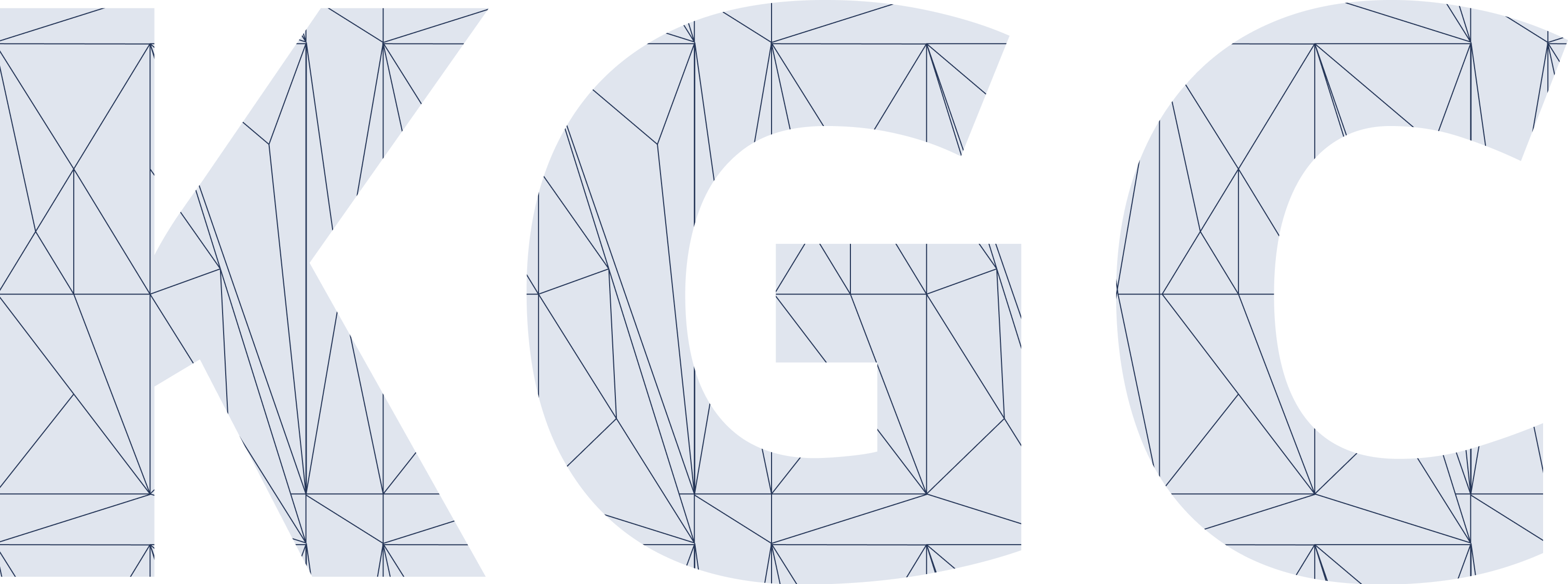Teresa Tung

Teresa Tung is Chief Technologist of Accenture’s Cloud First group. She holds a Ph.D. in Electrical Engineering from University of California at Berkeley. Her research applies next gen technology in data and AI architectures, digital twins, and cloud and edge computing.
2021 Talk: Accelerating Industry Data Integration: Knowledge Graph Enabled Data Mesh
A data supply chain is industry-specific, but many data prep tools are industry agnostic. As part doing this work, data engineers and domain experts apply their deep knowledge of how to transform raw data to a form that can address specific problems. In this way, the data supply chain is a domain like so many others to which AI is applied. It involves making decisions repeatedly informed by past experience.
Our work aims to leverage our own experience, to capture and apply industry and domain experience to accelerate industry data integration. To tackle this problem we’re taking an approach that layers a Knowledge Graph on top of the Data Mesh to capture domain knowledge and to connect the different data domains.
Like many others, we’re excited about Zhamak Dehghani’s new Data Mesh architecture paradigm. It’s distributed architecture follows many of the data integration strategies from the web, and includes mature rules around data products, quality, and governance.
This talk illustrates how some machine learning techniques can help in data profiling and mapping of siloed data sources for Enterprise Knowledge Graph construction. We present how this Knowledge Graph can be employed in a Data Mesh architecture for accelerating industry data integration for an Oil and Gas use case.
2019 Talk: Using a Domain Knowledge Graph to Manage AI at Scale
Most of todays AI is narrow and fit-for-purpose, and we do not reuse the learnings across use cases. Even where we might re-apply the same techniques, in each implementation AI practitioners re-apply and re-tune those techniques anew.
Indeed, much of the work is specific to the particulars of the available data and use case. But many times, the questions and the techniques are the same e.g., to predict failure, to prescribe bill of materials or workplan, or to advise users via virtual agents.
We describe the technology and organizational ways of working being applied across Accenture that creates a framework for the reapplication of learnings, automated application of the techniques, and then self-learning to optimize meaning we can reuse AI learnings and configurations across use cases and across clients
At its heart is a domain knowledge the same technology proven to scale with Internet searchto capture domain-specific particulars. The knowledge graph is the structure that encapsulates the human knowledge of an industry domain and captures the learnings.
This knowledge allows for bootstrapping the AI system to reason about what can be reused and how and for self-learning what works and what doesn’t.
We will walk through real case studies that show its impact in Oil & Gas, Financial Services, and Enterprise IT.
